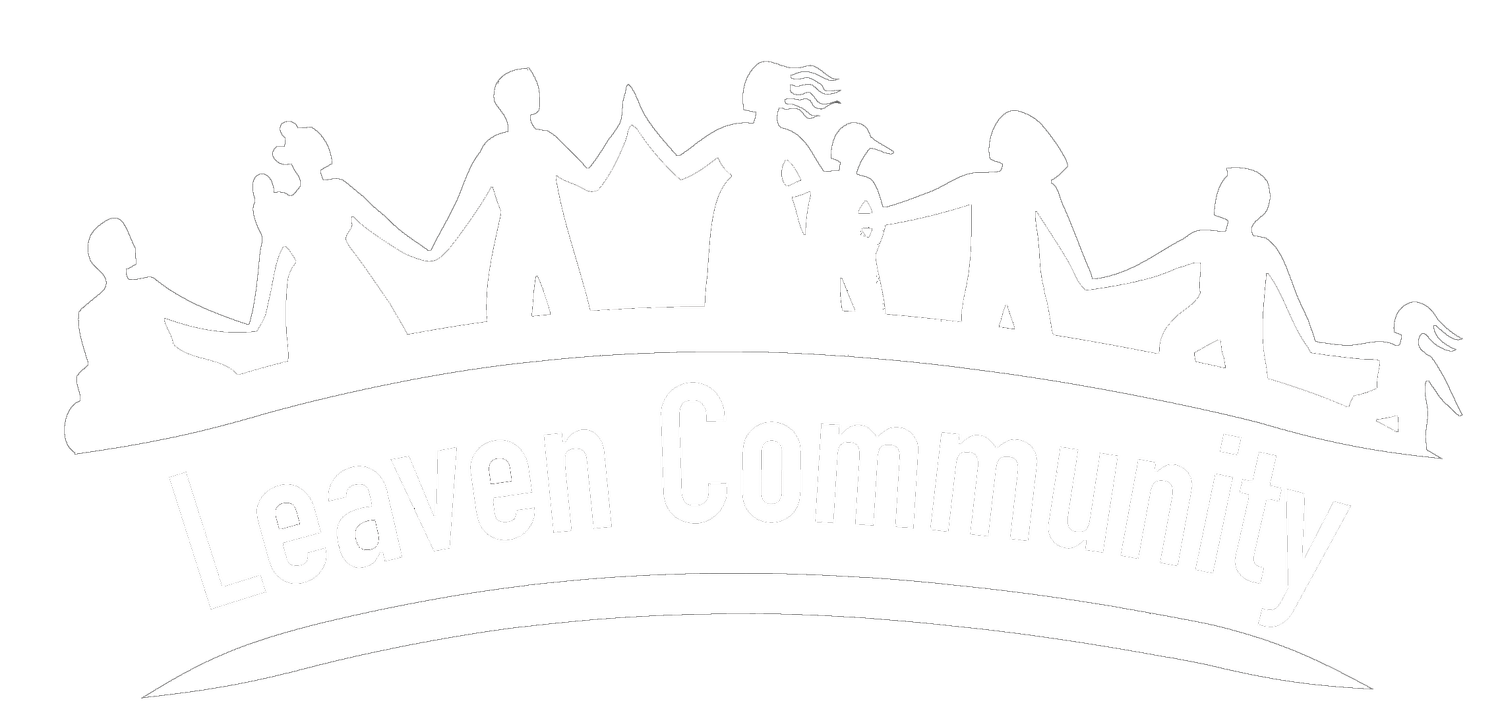Discussion Facilitator: Bruce Cantwell. November 2, 2019.
“Our behavior is heavily dependent on how we interpret the events that happen to us, not necessarily the objective reality of the events themselves.”–James Clear, Atomic Habits
According to the original mindfulness manual, certain mental habits lock us into reactivity. This week we'll discuss a mindfulness tool to help loosen their grip.
Finding Silver Linings
Change your outlook on a negative event — and enjoy less stress.
Duration: 10 mins Frequency: 1x/day Difficulty: Moderate
https://ggia.berkeley.edu/practice/finding_silver_linings
Time Required
10 minutes daily for three weeks
How to Do It
To start, list five things that make you feel like your life is enjoyable, enriching, or worthwhile at this moment. These things can be as general as “being in good health” or as specific as “drinking a delicious cup of coffee this morning.” The purpose of this first step is to help you shift into a positive state of mind about your life in general.
1.
2.
3.
4.
5.
Next, think about the most recent time when something didn’t go your way, or when you felt frustrated, irritated, or upset.
In a few sentences, briefly describe the situation in writing.
_______________________________________________
_______________________________________________
_______________________________________________
_______________________________________________
_______________________________________________
Then, list three things that can help you see the bright side of this situation. For example, perhaps you missed your bus this morning. Three ways to look on the bright side of this situation might be:
1. Even though you missed the bus, you got some good exercise when you were running to catch it.
2. You’re fortunate to live in a city where there was another bus just 10 minutes later, or where buses run reliably at all.
3. Ten years from now, you likely won’t remember what happened this morning.
Discussion
1. How might this exercise be useful in bringing awareness to our frustrations? How might that awareness be beneficial?
2. Does the practice of cultivating a “positive” mind state temporarily mitigate irritation?
3. Can repeating this exercise over time bring us insight into the kinds of situations that upset us?
4. How might practicing alternative interpretations of events reduce our habitual reactivity?

